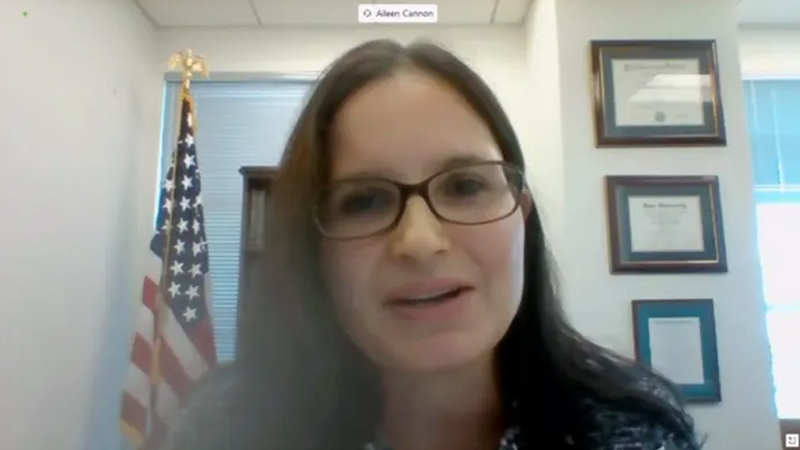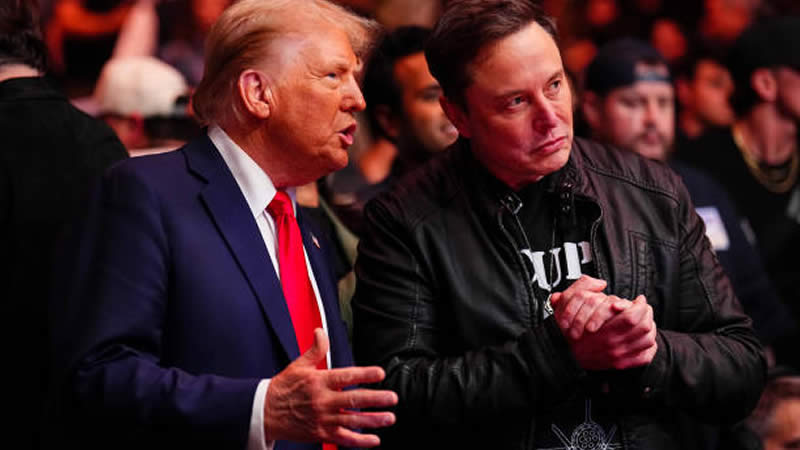“It’s a Risk She Appears Determined to Run” Judge Aileen Cannon’s Future Intertwined with Trump’s Electoral Fate

(ASSOCIATED PRESS)
U.S. District Judge Aileen Cannon, a Donald Trump appointee, has positioned the Mar-a-Lago classified documents case in a way that ties its future—and potentially her own—to the outcome of the former President’s bid in the upcoming November elections. This observation was made by former federal prosecutor Harry Litman in an op-ed for the Los Angeles Times.
Recently, Judge Cannon has been at the center of controversy for allegedly manipulating the legal proceedings in ways that could benefit Trump. This includes a significant decision this week where she considered declaring the appointment of special counsel Jack Smith unlawful and also delayed the imposition of a gag order on Trump. Litman suggests these actions could provide Smith with grounds to appeal her conduct to a higher court.
Further complicating matters, it has been reported that several senior judicial colleagues had privately urged Cannon to step aside from the case due to her lack of experience, advice she ultimately rejected.
Litman criticizes Cannon’s “mischief-making” in the civil aspect of the case, notably her decision to appoint a special master to review the seized documents—a move justified by Trump’s claim of executive privilege. This decision was met with widespread disapproval and was only curtailed after the conservative 11th Circuit U.S. Court of Appeals intervened, issuing two rulings that were highly critical of Cannon.
The appellate court’s rebukes put Cannon’s continued oversight of the case at risk, with any further criticism from the court potentially jeopardizing her position. Her decisions have ensured that the trial will not occur until after the November election. Litman points out that if Trump wins, he is likely to direct the Justice Department to drop the case, which would have significant implications for Cannon’s career.
On the flip side, a Trump loss would not only ensure the continuation of the case but would also mean that Cannon must endure further scrutiny and possibly face increasing criticism, even from within her own judicial district. Litman concludes, “Cannon’s obduracy was a forewarning of her bizarre and almost ludicrously pro-Trump handling of the case.”
The situation lays bare the high stakes involved, not just for the legal proceedings but for the careers of those entangled in this highly politicized case. Cannon’s decisions have drawn deep divisions within the legal community, illustrating the profound impact of judicial conduct on the broader legal and political landscape.


